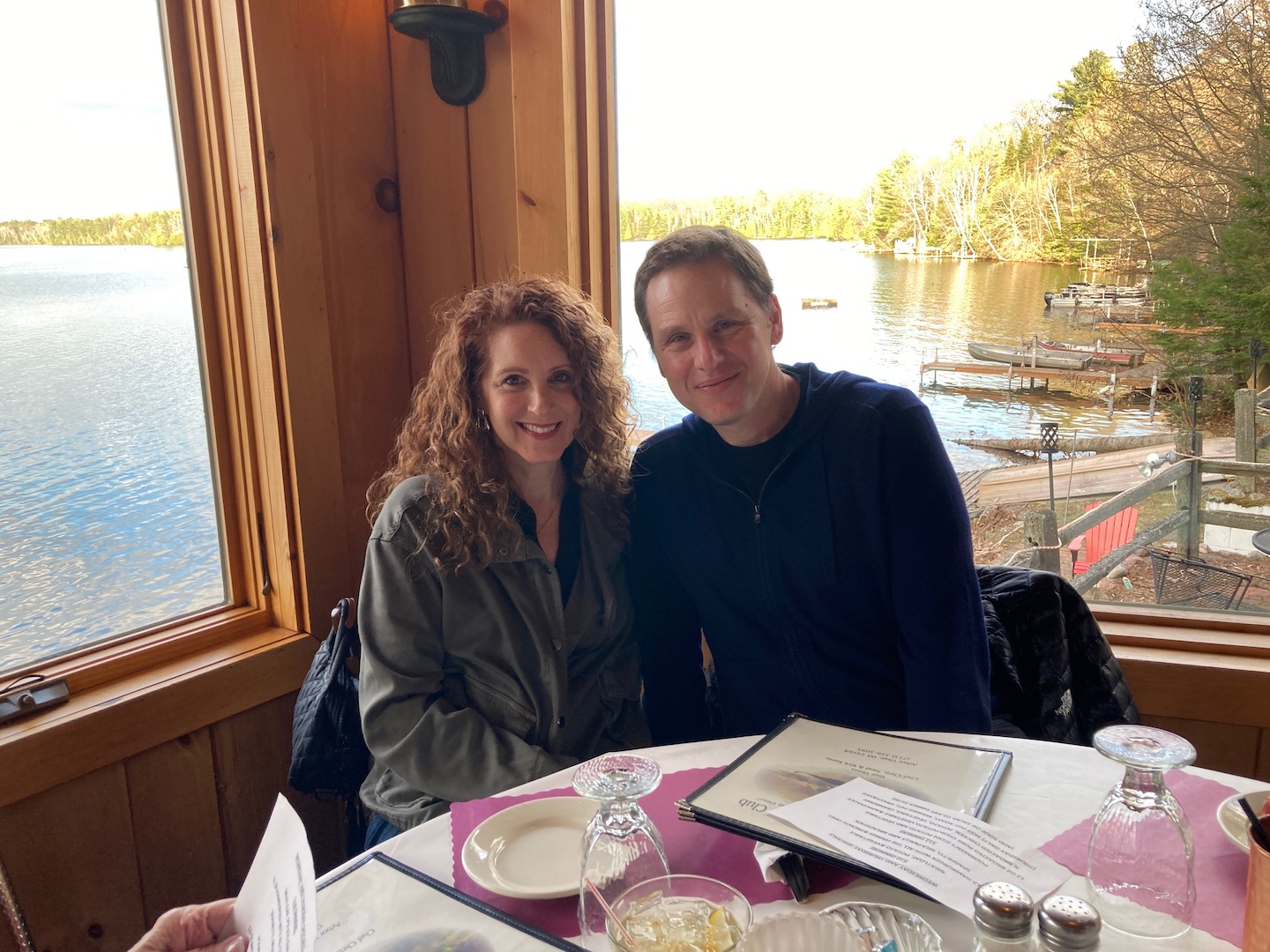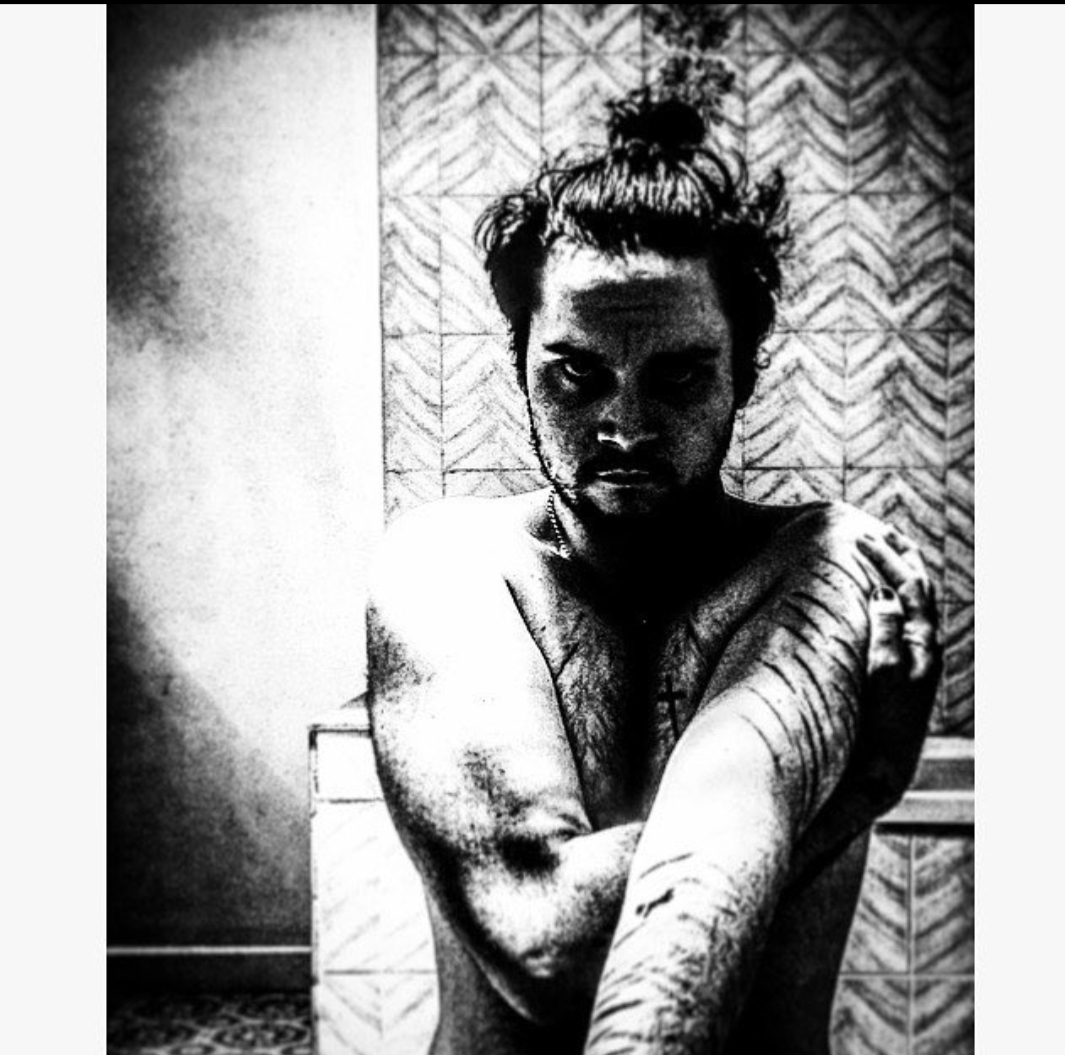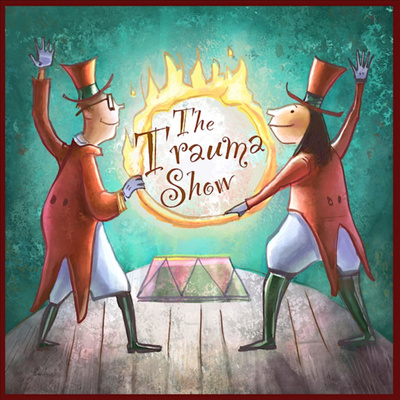Does it ever get better? That’s what every survivor and supporter wants to know.
When it happens, when trauma forces its way back into our lives, we do the best we can. After all, we are survivors. Whatever our trauma, we know how to fight. We develop coping mechanisms to deal with the ups and downs of everyday life. Some of us do quite well for a long time. Some of us don’t. All this depends on so many details out of our control.
None of us are above trauma, however. And if you are a survivor, one day it will come for you. And then you will ask the same question: Does it ever get better?
In late 2017, after ten months of stumbling about in the darkness, I was fortunate to gain admission to a trauma recovery program for male survivors of childhood sexual abuse at Peace Over Violence, (run by Milena Lukic and Joshua Beckett). One thing they told us early on is that recovering from trauma is like turning a cruise ship around. You don’t feel the ship turning while you’re on it; it’s only after some time that you realize you’re going in a different direction.
That is how my experience has been. Day by day, it’s been difficult to measure my progress, but when I compare a day in my life in 2021 to any day in 2017-2019, the difference couldn’t be more stark.
Does it get better? Hell yeah it does.
One reason I wrote this blog was to document what it’s really like to live with untreated trauma….in real time and without filters. It’s difficult for me to read these entries now, but it’s also important for me to note the difference between now and then. I still have difficult days, but they’re nothing like my life was.
My low point was a Facebook post in July 2019. I was in Downtown Los Angeles, sitting on the ground with my back against the cold concrete wall of a skyscraper. A few hours later I would be in a padded room at Ronald Reagan hospital pacing back and forth because the staff wouldn’t give me my Restless Leg Syndrome medication. They thought I was med-seeking. They told me to lie down. But that’s the thing with RLS: I couldn’t stop moving. After walking into the wall in exhaustion, they finally gave me something, and I woke up two days later in my second psych ward in two months.
Only a few weeks before, I had celebrated my engagement to Linda with family and friends on one of the best nights of my life…a few weeks after my first psych ward stay.
Writing this now I still can’t believe all this happened to me. It’s May 2021 and I feel like myself for the first time in YEARS.
Mental illness or mental struggles or mental injury or life issues that simply need addressing (whatever word you want to use) is like that old analogy of the frog in a pot of water on a stove. The temperature gradually gets warmer, and the frog gets used to it…before the frog knows it…boiled.
I lost myself along the way. My emotional resilience and my confidence. My ability to sit and focus. I stopped reading books. I ate poorly. Didn’t exercise. I couldn’t show up as a partner. Or a father. I became easy prey for Hollywood assholes who pretended to be my friends. Surviving took everything I had.
And I fought. I went through the male survivor program at Peace Over Violence with Milena and Joshua. I did individual therapy and couples’ therapy. I did EMDR. I attended another male survivor group. I wrote this blog. I read books about trauma. I accepted that I could do less. I let people help me. I made a movie about living with untreated trauma.
So many people helped me along the way. My love, Linda. My therapist, Laurie. Milena Lukic and Joshua Beckett. Bessel van der Kolk and his book, The Body Keeps the Score. Jamie Marich. Robin and Holli. Lee and Marilyn. My mom and dad. My sons, Gareth and Eliot. My future in-laws. My other therapists along the way (Richard Cohen!). Other survivors. Supporters of our film. Cast, crew, producers. My employer. Readers of this blog. Alf Alver. The Mighty. So many people that I can’t list them all.
What I’m trying to say in this jumbled mess is that it worked. I’m better. Trauma never goes away, but it gets better. Milena described it this way: untreated trauma is right there, in your face, all the time. Treated trauma is still there, but it’s a ways off, like it’s out the window and across the street. You can see it but it’s not running your life. This is what some trauma therapists call “integration.” Odelya Gertel Kraybill puts it this way:
Since trauma is an injury, it is impossible to expect that it will go away completely. What one defines as “overcoming,” “healing,” and recovery” is subjective and may not apply to someone else. I find that “integration” is a word that serves the realities and purposes of trauma therapy. If a therapist promises “full healing and recovery,” “full reversal of trauma,” or feeling better in 10 sessions, I’d suggest you keep looking, especially if you have a history of multiple traumas. Trauma integration is a process in which trauma is acknowledged to be a part of an ongoing reality but is no longer at the center of experience, for it is now surrounded by awareness of resources for coping with past and present adversities (What is Trauma?).
I’ll always be a trauma survivor. Nothing will ever change what happened to me in that garage on November 25, 1977. My triggers will always be triggers. But now I have tools. What used to be almost daily meltdowns now come every few months, and instead of lasting for days, they last for a few hours.
To all of you who have read this blog, thank you. You gave me the most precious gift of all for a trauma survivor: you heard me.
For now, I’m done writing my story on this blog. I’ll continue my trauma advocacy in the form of “trauma-informed cinema” (a term I’m borrowing from Carol Ana Mcbride) as I develop the feature version of GARAGE. And I’ve got a few other ideas in development that fit into the trauma space. But right now I’m writing a comedy, and it feels really good to show up at the computer every day and laugh.
#
Linda and I are available for events where we show the short version of GARAGE and tell our story of recovery. For now these events are on ZOOM, but hopefully we’ll soon take this show on the road. If you’re interested in discussing a possible event, or if you’re interested in being a contributor for 72 Hour Hold, contact me at: aaron@dissectionmedia.com.






Leave A Comment